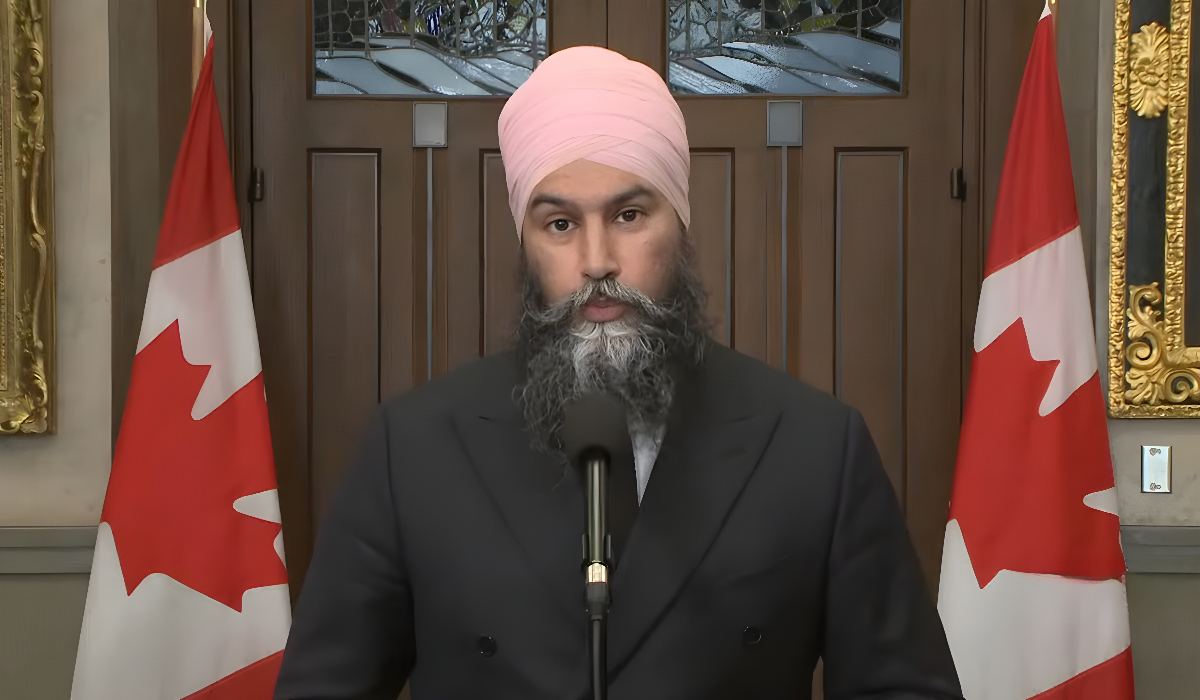Trudeau’s $10-a-Day Daycare Initiative: A Boon for Young Parents
- Naomi Dela Cruz
- Canada
- May 15, 2024

Image Credit, CDC
Prime Minister Trudeau, his Ministers, Members of Parliament (MPs), and Parliamentary Secretaries are crisscrossing the country in a coordinated effort to promote the government’s substantial investments in early childhood education, particularly the introduction of $10-a-day daycare.
“Already, all provinces and territories are offering or are on track to offer $10-a-day regulated child care,” stated the office of Jenna Sudds, Minister of Families. “This progress, made possible by nearly $40 billion in federal support since 2016, including the transformative investment of nearly $30 billion in Budget 2021, is making life more affordable for young families. Women’s labour force participation is now at a record high of 85.7%, meaning more families are bringing home more income and contributing to Canada’s economic growth while saving thousands of dollars on child care every year.”
These coordinated efforts signal a significant shift by the Liberal government to emphasize support for Generation Z and Millennials. The Liberals hope that by recalibrating their policies to meet the needs of these demographics, they can secure a decisive victory in the 2025 election. With the rising costs of living, affordable child care has become a crucial issue for many families across Canada, regardless of their economic status.
The initiative for $10-a-day daycare is expected to resonate strongly with young families, providing substantial financial relief and allowing more parents, especially women, to participate in the workforce. This policy aims to ease the burden of child care costs, which remains a significant expense for many Canadian households.
Political analysts suggest that this strategic focus on young voters and families could be pivotal for the Liberals. Affordable child care is a powerful tool in the government’s arsenal. It’s a universally beneficial policy that appeals to a wide range of voters. The Liberal government’s ability to address this issue effectively could make a considerable impact on their electoral success.
The government’s comprehensive approach includes extensive promotional tours by key figures within the administration, who are highlighting the benefits of the child care program and other budget initiatives. This campaign marks one of the most proactive pre-election efforts seen in recent Canadian history, as the government seeks to build early momentum and secure voter support.
As the election draws closer, the effectiveness of these measures in garnering support from Gen Z and Millennials will be closely watched. The outcome could significantly influence the political landscape of Canada, showcasing the potential power of targeted social policies in modern electoral strategies.








